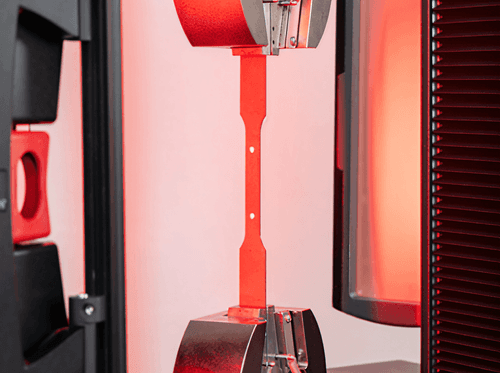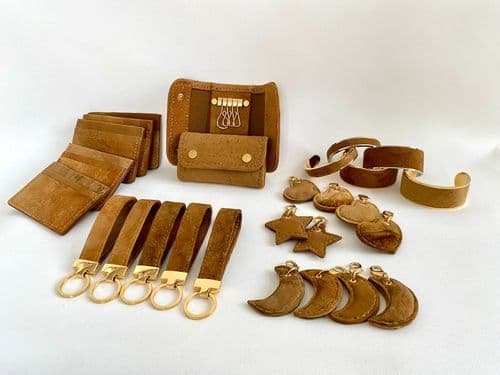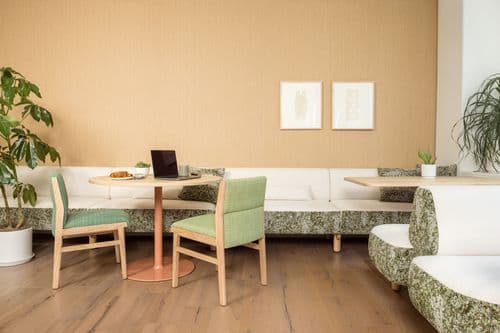How has the history of M4 Factory influenced its current mission and values, especially in terms of sustainable practices and ethical manufacturing?
M4 has always been focused on the durable product space and has not had a single-use product category in almost fifty years. The human-centric approach has helped us keep our Human First core value and a sense of belonging and community, as well as fuel our sustainable practices and ethical manufacturing focus.
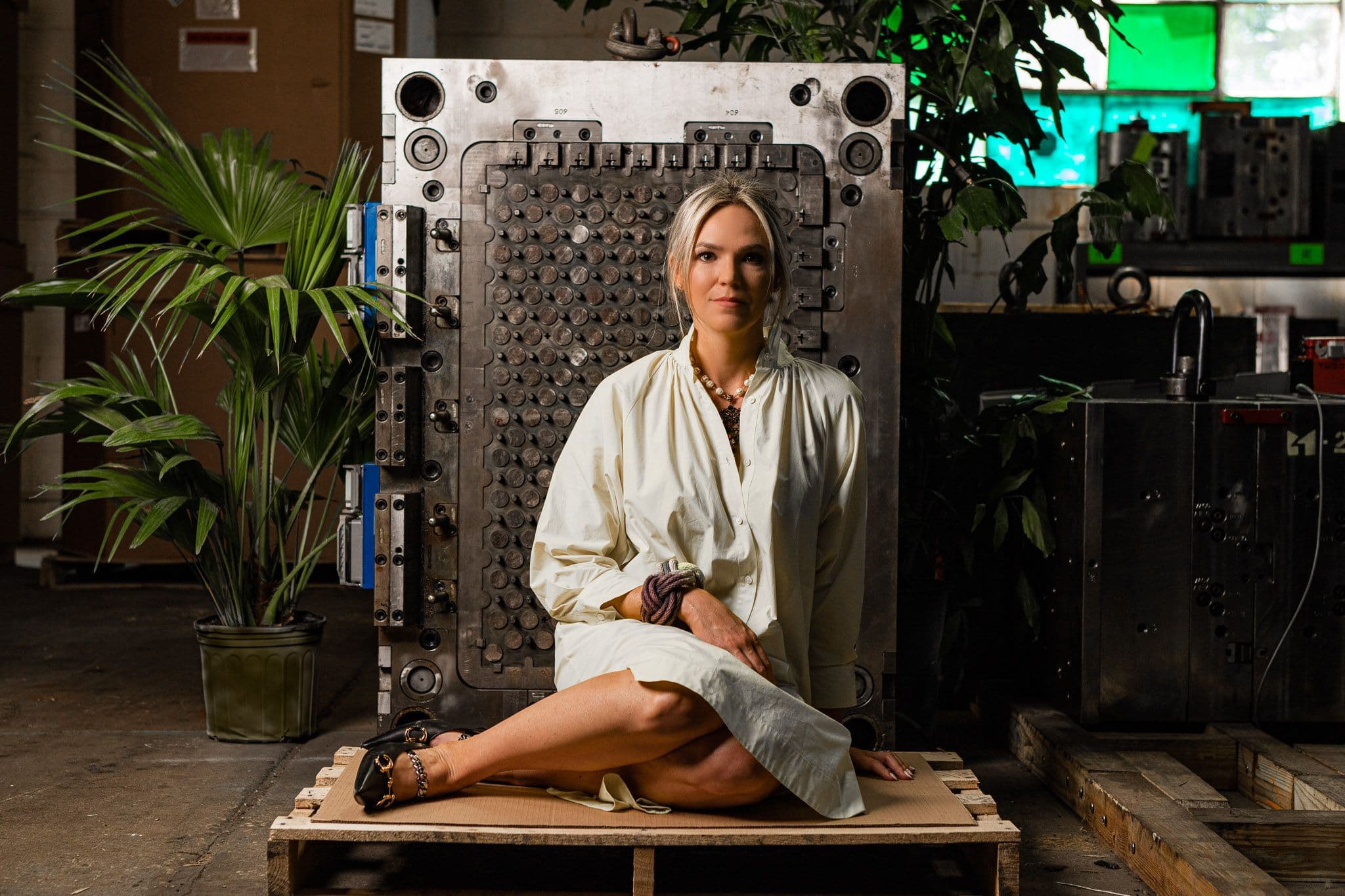
How does M4 Factory incorporate end-of-life planning to mitigate the impact and contribute to a more sustainable product life cycle?
Because we are a contract manufacturer, we are working across sectors and product categories, so we take an approach specific to the client and the product we are working on. What are the requirements of the product from a compliance, regulatory, and consumer standpoint? What is the brand seeking to achieve? How does the design process inform material selection? What is the product’s life cycle?
We’ve also partnered with third parties to implement collection programs where we can collect waste products and regrind them to produce new products as we try to support a more circular economy.
M4 Factory has successfully secured partnerships with notable brands, such as L’Oréal and General Motors. What unique value proposition or qualities does M4 Factory bring to these collaborations?
We focus on the intersection of design, product development, and full-scale manufacturing, with an emphasis on material innovation. Having design, material exploration, and manufacturing happen under one roof has uniquely positioned us to innovate. A focus on building a future factory in a small to mid-size manufacturing segment allows us to understand the needs of a larger organization and work alongside them. M4 implemented a cloud-based ERP system along with a tech stack that wanted us to meet the needs of future requirements with BI data, dashboards, and analytics but also allow goods to move more seamlessly.
Based in Chicago, with production and warehousing on-site, we are working out of one footprint without time changes, communication delays or barriers, or a hands-on presence. This has allowed us to experiment, implement, and move quickly.
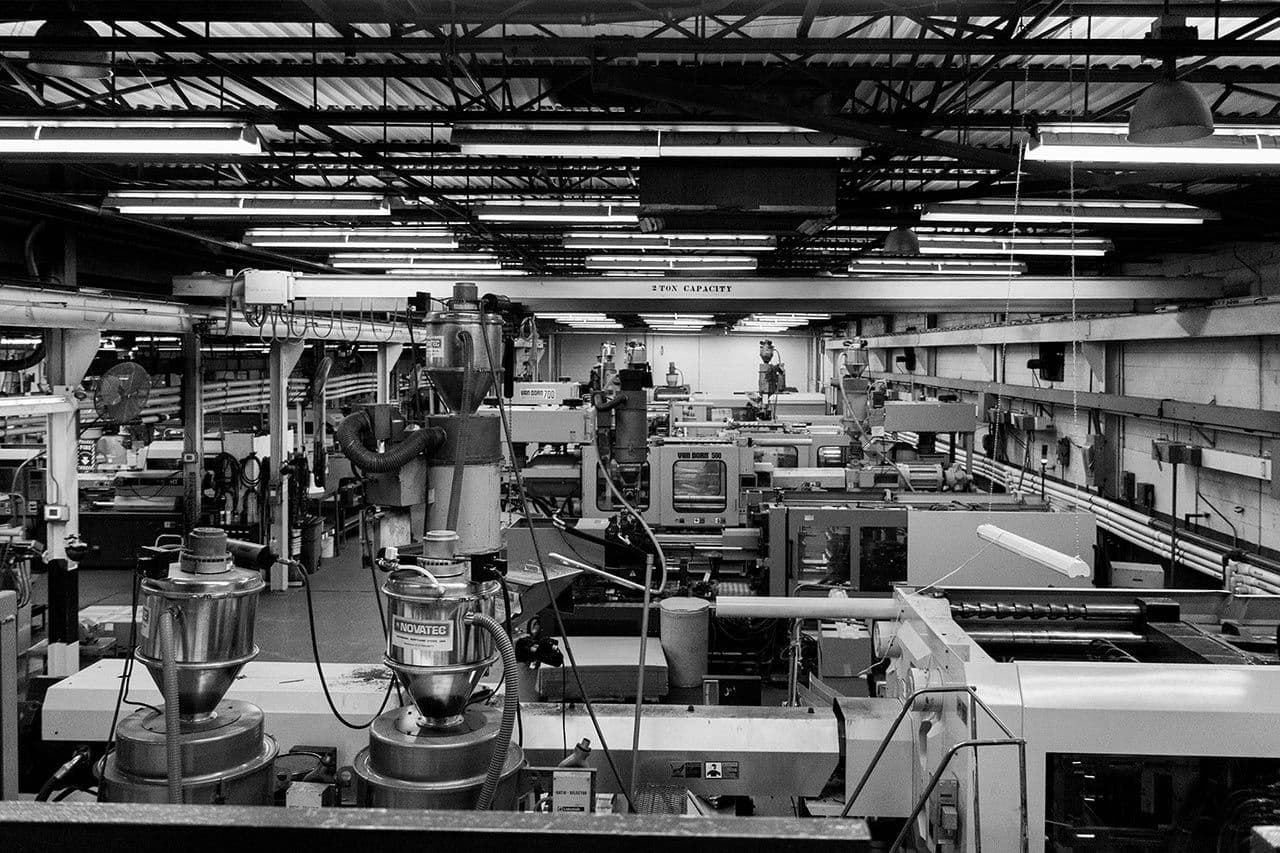
Lately, there has been a new wave of alternative materials in the industry. How does M4 Factory have plans to incorporate any of such materials?
It has been our emphasis for the last decade. The Design Lab at M4 has focused on material innovation—what is available, what is possible, and how do we bring these future materials forward into the present? We are bullish about moving quickly to better. We have an extensive Material Library, but what has been a critical differentiator is that we are not just collecting materials and swatches that might be interesting; we are using the factory to trial these materials and gain an intimate understanding of the materials, where and how to use them, and the viability of their implementation.
Our clients have found this work extremely valuable because it lowers the risk associated with integrating a brand-new material into a product design.
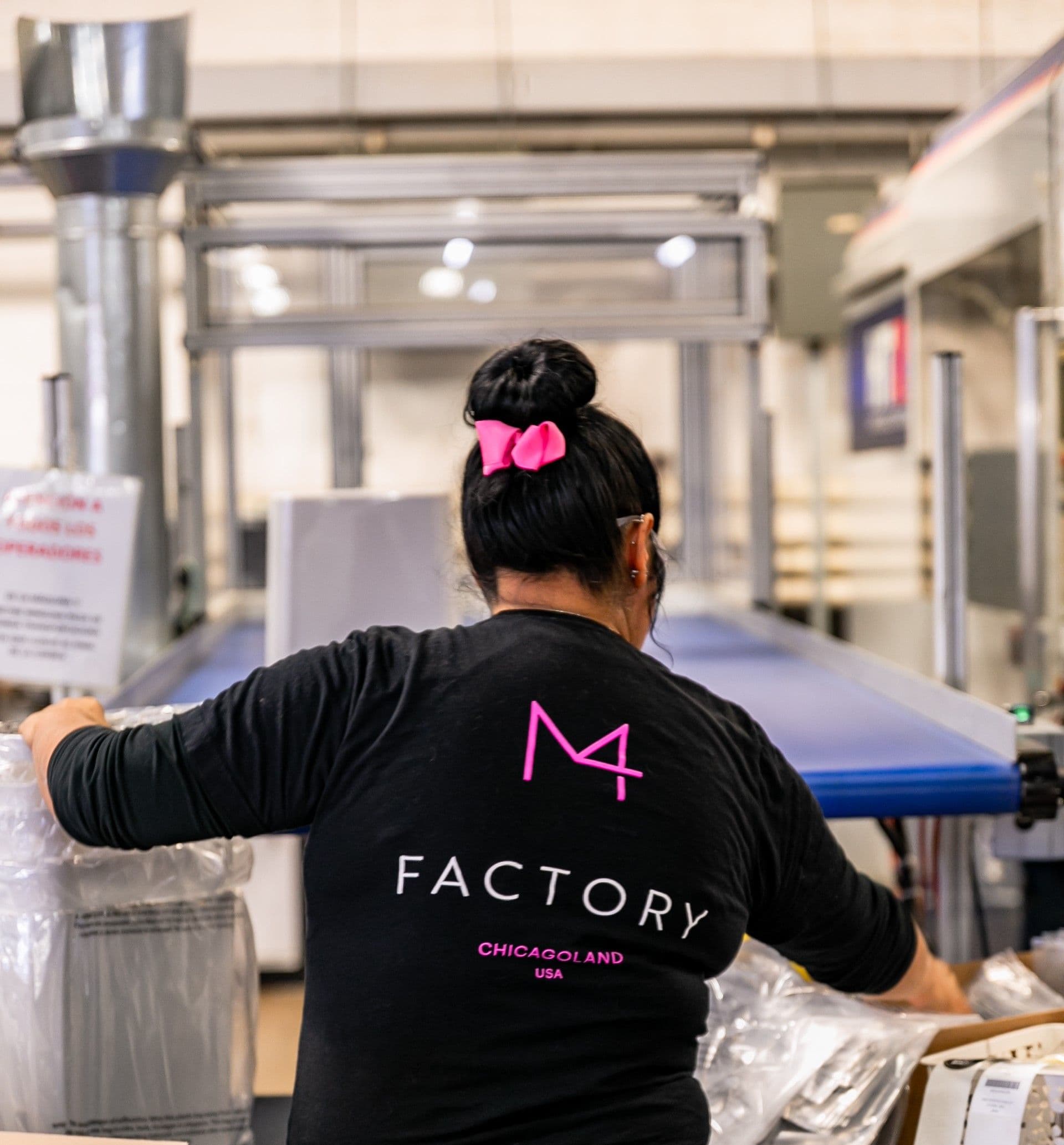
What trends or innovations does M4 Factory foresee in sustainable manufacturing, especially in the context of the fashion and design industries?
As we progress deeper into circular economies, regionalisation will become more critical. Where we source materials, how we get them back, and the distribution of products. We envision not only a focus on the material itself but also on how and where it is made. We are excited to continue to expose the supply chain from farmer to material source through the manufacturing process, who is making products, and in what kind of environment.
Right now, the possibilities in biomaterials are expansive and exploratory. Just as we have had go-to materials for the last 50 years of production, it seems imperative that we identify the next iteration of go-to materials that can move through the supply chain well and identify a more cohesive process from compost and reuse and recycling versus landfill path.
In terms of material waste reduction, what measurable impact has M4 Factory helped clients achieve, and how are these results assessed or quantified?
We look at longevity alongside waste reduction. We look at our own Factory impact—how well we move materials through our system, what waste we produce, and how can reduce it—from energy use, materials, food waste, water, etc.
We regularly audit and assess the impact of these initiatives to identify areas for improvement and track progress over time.
A holistic approach that involves employees, suppliers, and stakeholders will contribute to a more sustainable and effective reduction of material waste. And with that lens, we also look at the products we are working with and developing alongside our clients.

